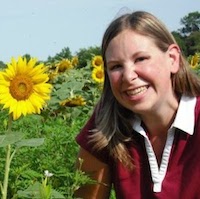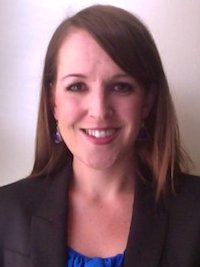



How will climate change affect our communities? How can we evaluate news stories about the effects of climate change in your area? What can you do to reach out to your local media and educators, to encourage them to explore the local impacts of climate change?
It can be hard for teachers and others seeking to inform the public about climate change to stay on top of the best science. Not only are climate change deniers invested in obscuring that science, but the science itself is advancing rapidly, making it hard for non-specialists to stay up to date. Fortunately, help is on the way through the National Climate Assessment.
This report from the US government evaluates, integrates and assesses observed and projected impacts of climate change across the country, examining how climate change will affect different communities and regions. It is a tremendous resource for teachers, for parents, and for anyone trying to connect global climate change to local concerns.
To learn how we can make the best use of this tool, watch this discussion with a panel of climate change specialists. These specialists address how you can use the report to learn how climate change is already affecting your community, how to bring climate change to the forefront of local media coverage, and how teachers can use the report to bring climate change into classrooms.
Panelists include: Emily Cloyd, Public Participation and Engagement Coordinator for the National Climate Assessment at USGCRP, the federal agency developing the National Climate Assessment; Paige Knappenberger, media relations associate at Climate Nexus, who tracks media coverage and helps communities connect with media outlets to address climate change; Amanda Rycerz, research officer at Habitat 7, website developers of for NCA. Moderator Minda Berbeco is a Programs and Policy Director at NCSE specializing in climate change, working with parents and educators to support the good teaching of climate change science in public schools.
